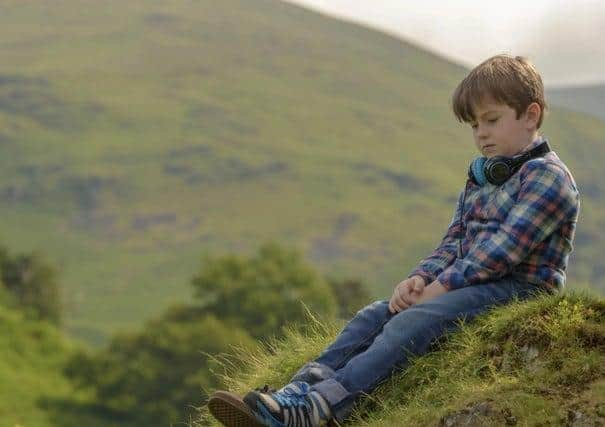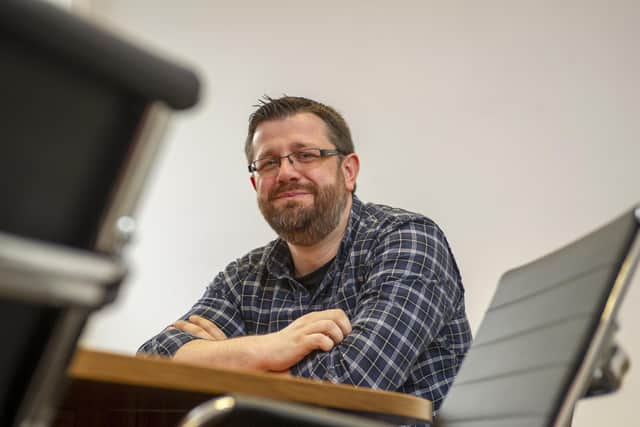Autism diagnosis saved my life and now it's doing the same for my children - Ian McCann
He’s familiar to millions. My stuff is only read by my mum. He’s funny. Despite what I may think, I’m not (just ask my wife).
However, we do share one thing. Paddy and Christine McGuinness’ children are autistic. And so is my son.
Advertisement
Hide AdAdvertisement
Hide AdThe journey to diagnosis hasn’t been a simple one. It actually starts with me. I’ve suffered with severe depression for most of my adult life.


However, in 2017, with my mental health so bad I wanted to take my own life, my GP suggested that I see a psychiatrist to discuss autism.
I did just that and the diagnosis I obtained saved my life. It started to make sense of why I and the world didn’t always seem to get on. Why some ‘ordinary’ things were extraordinarily complicated for me to understand or do.
After my diagnosis, my wife and I started to notice some similar patterns and traits in both of our children. In due course, both of them were referred into paediatrics and the process of assessment began.


Advertisement
Hide AdAdvertisement
Hide AdAs any parent who has been through the process will tell you, this is an emotional rollercoaster. The waiting times are long.
This isn’t anyone’s fault (as recent events have reminded us, the NHS is an invaluable institution that ought to be protected at all costs) and every person we have interacted with on our journey so far has been professional, supportive and comforting in equal measure. However, the time between appointments allows doubt to creep in. Is it something we’ve done? Or something we’ve failed to do? Are we imagining it? Is this just ‘normal’ kid stuff? The list goes on and on.
My son recently received his formal autism diagnosis. I knew better than some what this meant (and didn’t mean). But I still cried. Worry and fear flooded in. Then relief. We weren’t making it up. We had been believed. And a new world of support and opportunity had just opened up to him and us.
Opportunity may seem an odd word to use in the context of what is medically classed as a disability.
Advertisement
Hide AdAdvertisement
Hide AdHowever, in my view and experience, neurodiversity ought to be seen as the granting of a different set of abilities not the removal of them.
You can’t get a different perspective on an issue unless you have a different perspective on an issue. Whilst there isn’t space here to provide an in-depth analysis of all the permutations of every neurodivergent condition (Nor could I. I’m not an expert nor a medical professional) or to debunk the often well intentioned but misinformed stereotypes, simply put neurodivergent people think differently. Not better. Not worse. Just differently.
Yes, there are some changes that need to be made to access these different perspectives. But who, neurodivergent or neurotypical, doesn’t want the opportunity to perform to their best whether that be at school or at work?
My family’s journey with neurodiversity has been one of constant learning and discovery. It hasn’t been easy. It won’t be in the future.
Advertisement
Hide AdAdvertisement
Hide AdBut I wouldn’t change it for the world. For my daughter, the waiting continues. For me, my goal of educating and raising awareness of neurodivergent talent remains.
I just hope that these most extraordinary of times can act as the catalyst to unlocking the support and understanding necessary to make the most of all the varied talent society has available.
We’d all be better off for it.
Comment Guidelines
National World encourages reader discussion on our stories. User feedback, insights and back-and-forth exchanges add a rich layer of context to reporting. Please review our Community Guidelines before commenting.